Updates from the field #23: Working as one to battle COVID-19
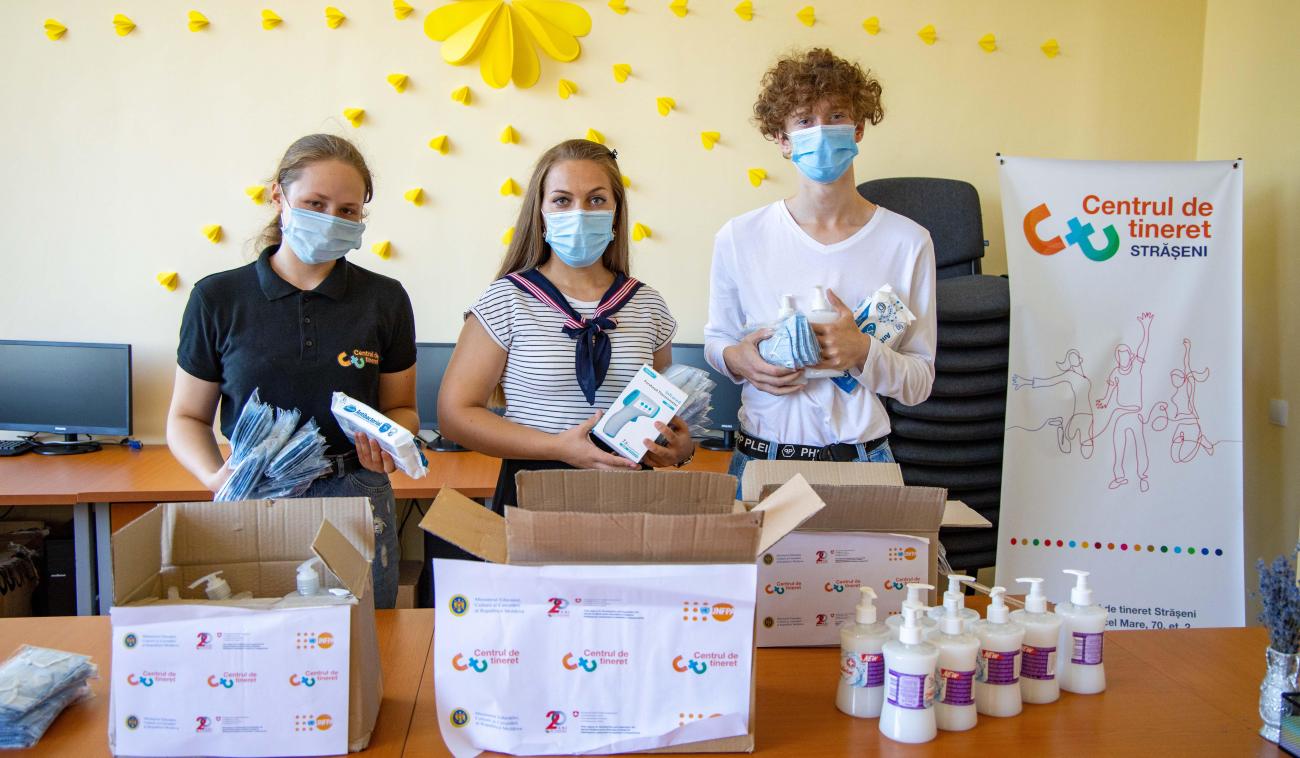
Right now, UN teams are working as one with governments and partners to prevent and respond to COVID-19. Today, we highlight a few of the coordinated responses to COVID-19 as of 28 August 2020.
Albania
In Albania, the UN team there, led by acting Resident Coordinator Pablo Zapata, is boosting the national response to COVID-19 while still addressing the impacts of the devastating earthquake that rocked the country nearly 10 months ago.
The World Health Organization (WHO) continues supporting authorities with testing and treatment protocols, guidelines and life-saving equipment. The UN team has purchased and delivered 5 million health goods, thanks to support from our partners from the European Union as well as Norway, Switzerland and the United States, in addition to UN entity-pooled funding.
Three joint UN programmes, funded by Sweden, Switzerland and the Joint SDG Fund, are directly benefiting 3000 families with life-saving goods, including food and sanitation supplies.
For their part, the UN Women, the UN Development Programme (UNDP) and the UN Children’s Fund (UNICEF) issued guidance to protect the most vulnerable women, men and children during lockdown. This includes providing undisrupted shelter, access to legal aid and justice, management of domestic violence cases as well as ensuring remote learning while schools are shut.
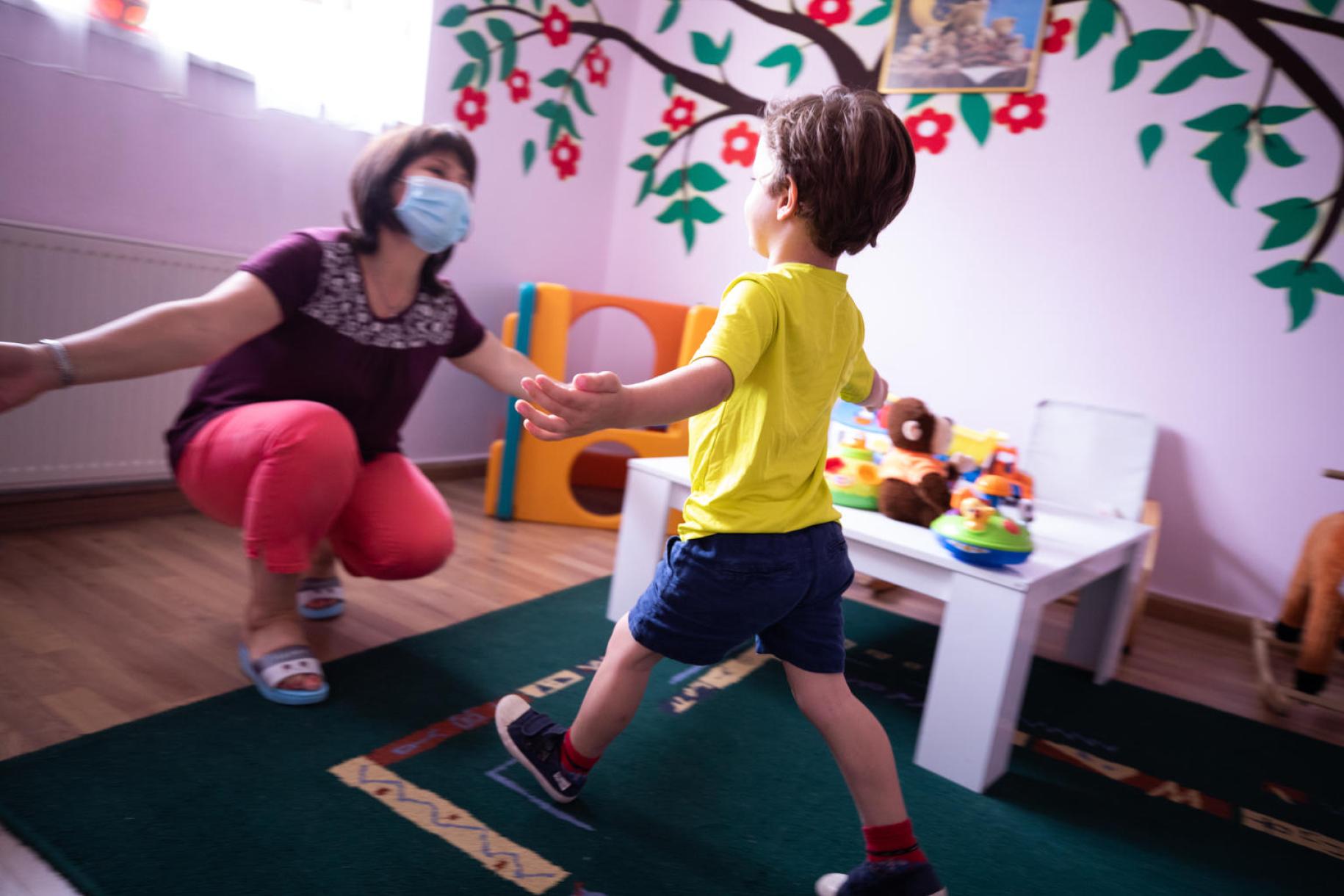
The UN team continues boosting prevention campaigns and has also put in place a Socioeconomic Response plan to complement the national plan to address the urgent impacts of the pandemic in livelihoods.
Comoros
In the Comoros, there are more than 400 confirmed COVID-19 cases and 7 deaths. The UN team, led by Resident Coordinator a.i. Marcel S. Ouattara, continues to provide support to national authorities to boost its health and socioeconomic response to the pandemic.
The UNICEF and WHO provided support to the ministries of health and education in the procurement and distribution of protective equipment, medical and sanitising supplies to hospitals and schools, while the UN Population Fund (UNFPA) collaborated with youth associations to install hundreds of handwashing stations across the country.
On the socioeconomic side, UNDP supported a study on the impact of COVID-19 on vulnerable populations and businesses, while working with the national chamber of commerce to assess the impact of the crisis on the private sector and formulate a recovery plan.
For its part, UNICEF continued to organize programmes to support the most vulnerable children and mothers across the country, ensuring continued access to education, sanitation and nutrition.
Madagascar
In Madagascar where there are over 13,800 confirmed COVID-19 cases and more than 171 deaths due to the virus, the UN team, led by the acting Resident Coordinator Charlotte Faty Ndiaye, is supporting the Government on all fronts, including on the health and socioeconomic responses.
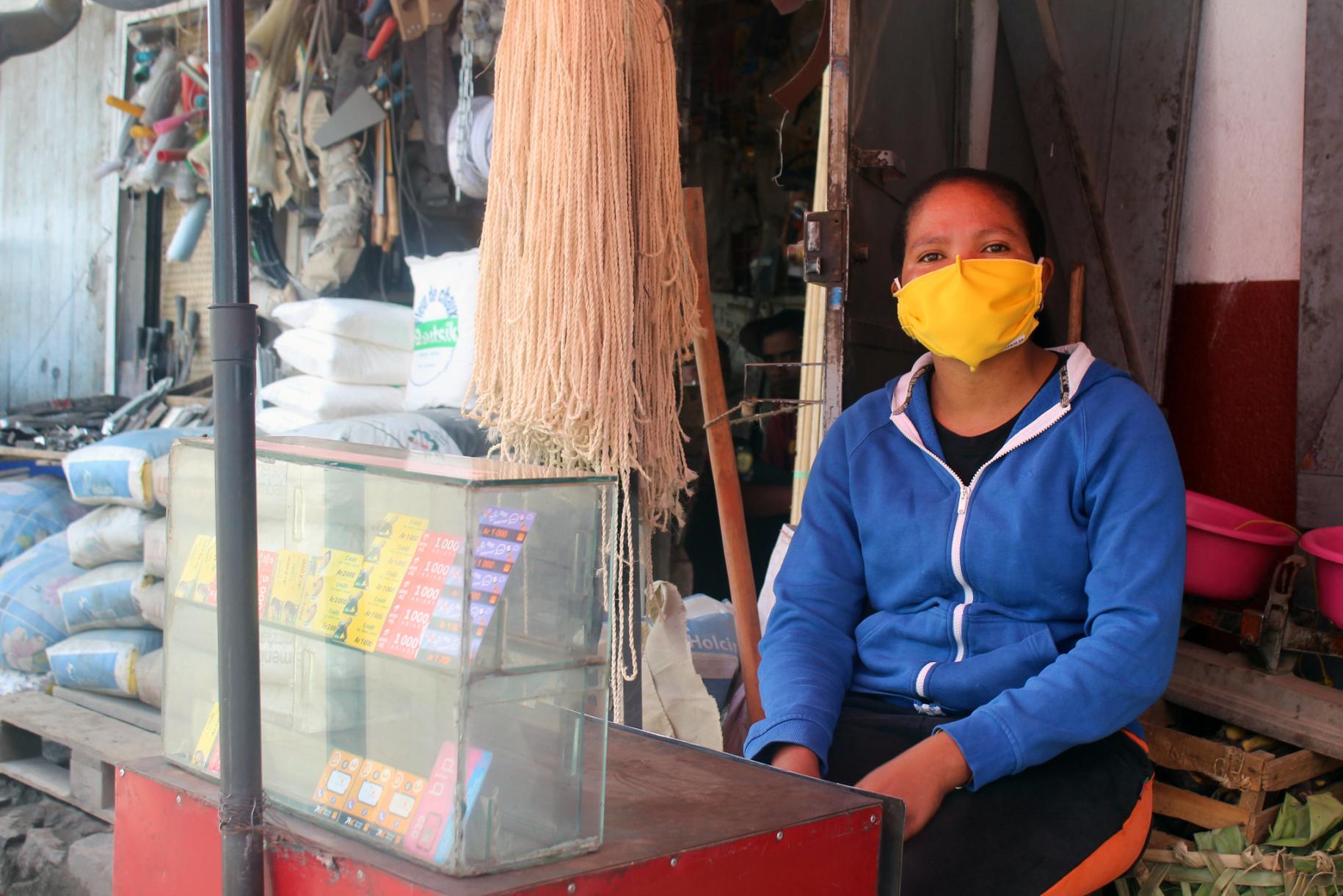
The International Labour Organization (ILO), UNFPA, UNDP, the World Food Proramme (WFP) and WHO provided nearly a million dollars’ worth of protective, laboratory and medical equipment and supplies to boost local testing and treatment capacity. This includes tens of thousands of equipment dispatched to testing centres across the country.
WHO is also providing risk communications training and technical advice to local community workers and first responders, as well as continuing its existing vaccination campaigns against other infectious diseases.
Moldova
The UN team, led by the Resident Coordinator, Simon Springett, is working with authorities to tackle the health, social and economic impacts of the pandemic.
The team’s COVID-19 Response and Recovery plan seeks to recover better to achieve the Sustainable Development Goals. While nearly all companies in Moldova are either small or medium-sized, employing 60 per cent of the working-age population, a recent report by UNDP found that only one in three companies have the resources to cushion the impact of the pandemic. With support from Sweden, UNDP is offering training to help businesses survive and adapt to the new challenges.
Also, UN Women has conducted a rapid assessment of domestic violence against women and girls during the pandemic showing that women in urban areas have registered more cases of violence compared to those in rural areas.
For its part, the International Organization for Migration (IOM) and UNDP surveyed the diaspora showing that 150,000 Moldovan migrants are expected to return to their home country this year.
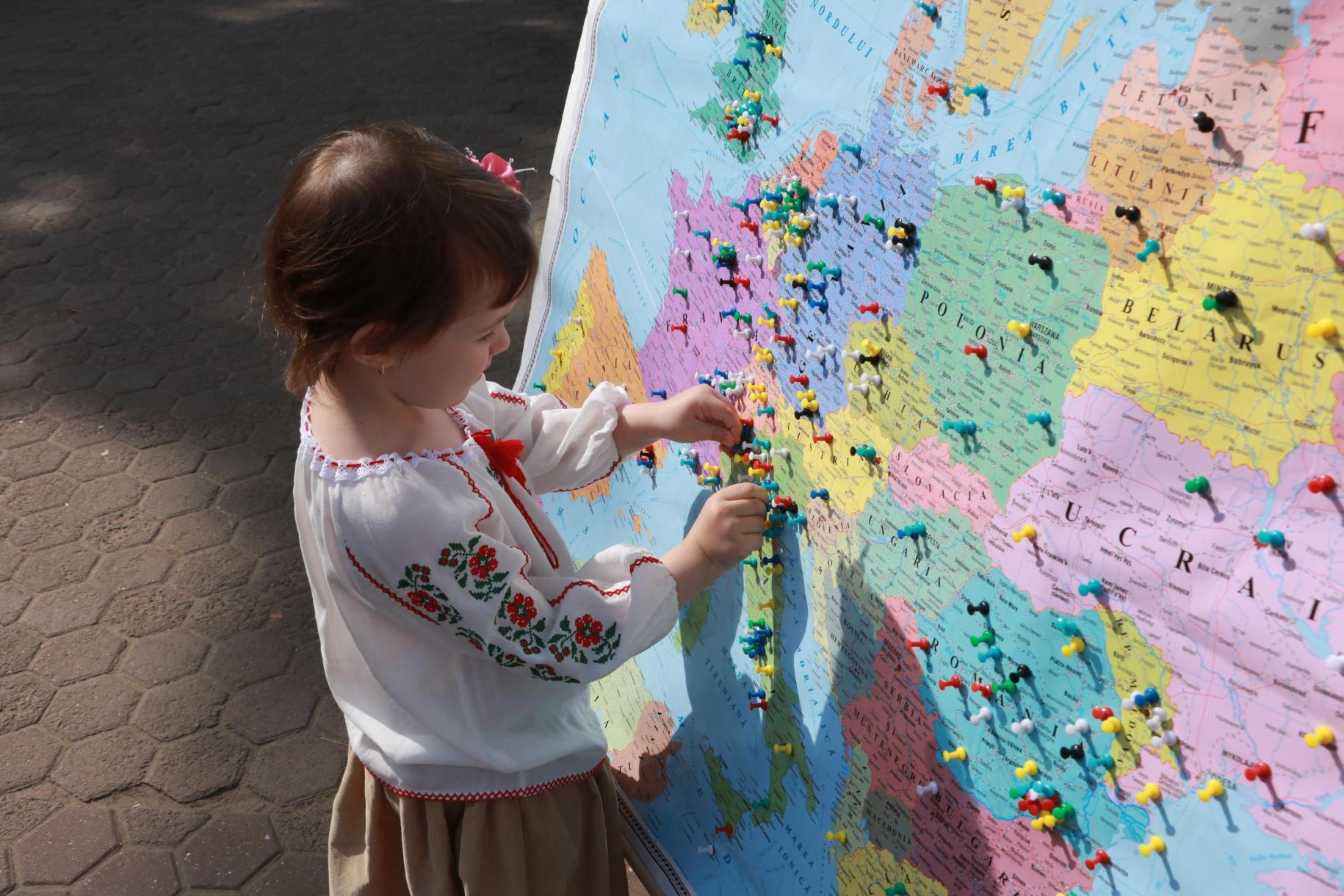
That’s about 10 per cent of the domestic working population, leading to an eight per cent jump in unemployment by the end of this year. According to the UN’s Department of Economic and Social Affairs (DESA), around one million of Moldovans were living abroad in 2019, mainly in European countries, Israel and the Russian Federation.
Myanmar
And in Myanmar the UN team, led by Resident and Humanitarian Coordinator Ola Almgren, is following the spike in COVID-19 cases in the Rakhine State. In a statement, the UN and partners reaffirmed their continued commitment to support the country in tackling challenges in the Rakhine State, including the urgent response to COVID-19.
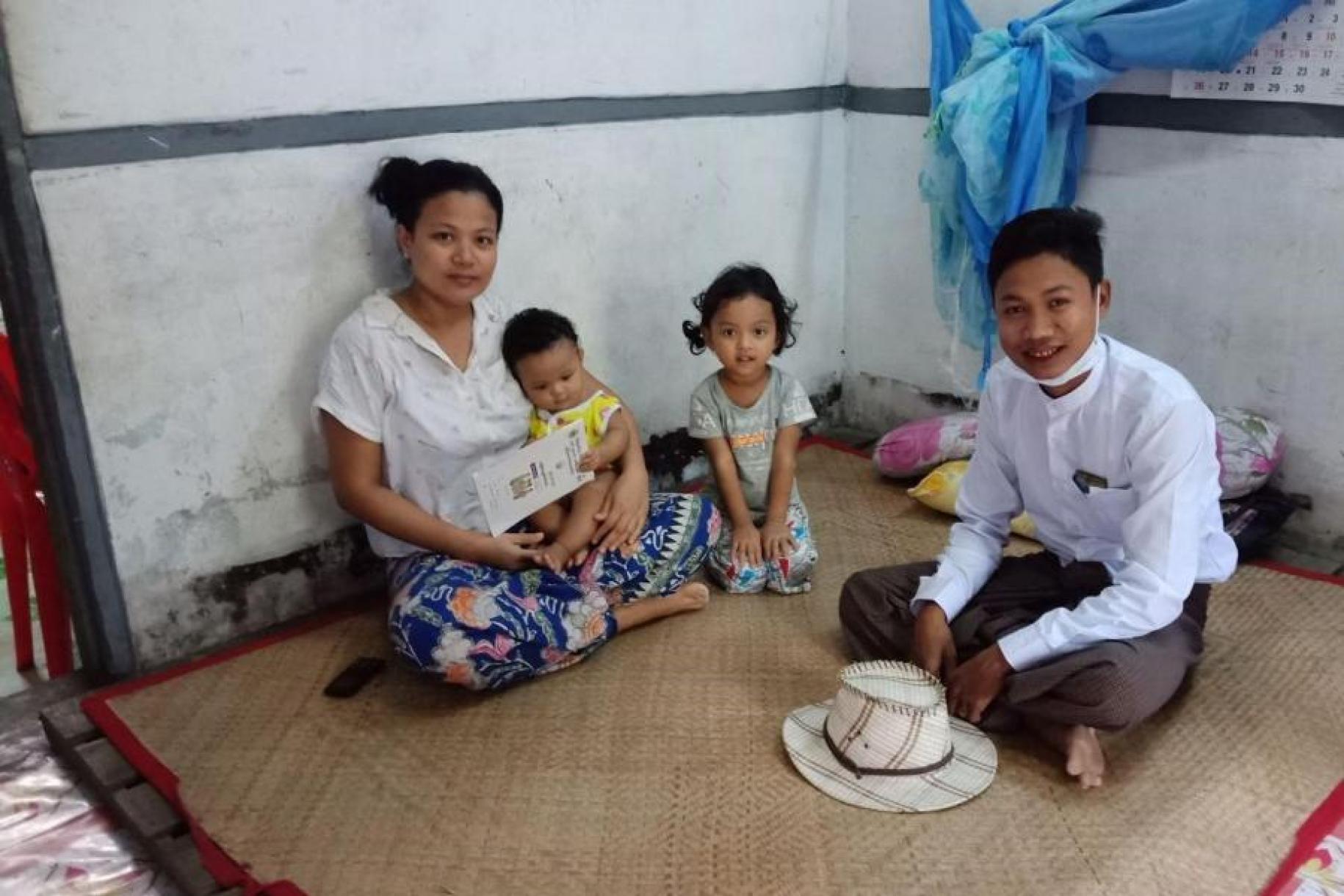
The team and partners have carried out preparedness activities in camps and sites for internally displaced people across the country, distributing essential hygiene, personal protective equipment and distributing life-saving goods and services. In the Rakhine State this includes nearly 30,000 face masks, around 30 hand-washing facilities as well as food, water, sanitation and shelter to nearly 700,000 people. Among the COVID-19-positive cases in Rakhine are some colleagues from UN agencies, funds and programmes and non-governmental organizations. They are currently under hospital treatment, with primary and secondary contacts under quarantine per the regulations put in place by authorities, following WHO guidelines.
Our urgent work continues to be carried out across the country, with prevention measures, including physical distancing, personal hygiene and use of personal protective equipment. The UN and partners express their solidarity with the people of Rakhine and all others affected by COVID-19, a common enemy that does not distinguish between ethnicity or religion.





































